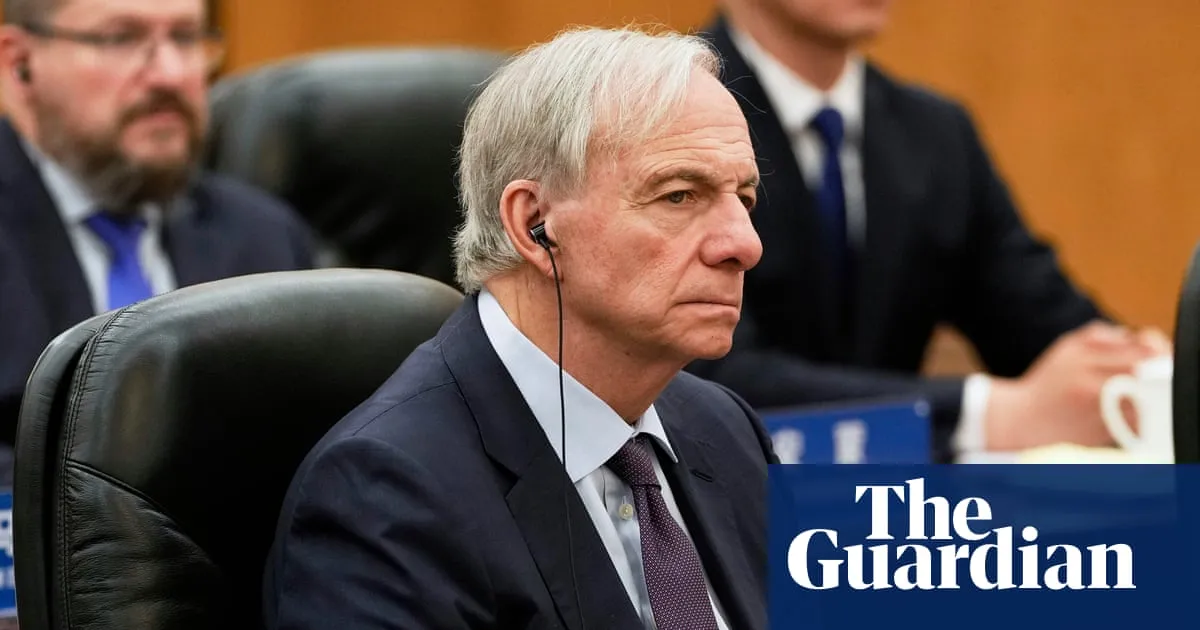
One of the world’s most prominent hedge fund billionaires, Ray Dalio, has raised alarms about the growing issue of inequality in the United States, suggesting it is steering the nation towards autocratic governance. The founder of Bridgewater Associates criticized business leaders for their silence regarding Donald Trump’s policies and the implications they have on the fabric of democracy.
During an interview with the Financial Times, Dalio expressed his belief that the widening gaps in wealth and a significant decline in public trust are fueling increasingly extreme political policies in the US. He noted that many Western nations are facing similar challenges, prompting voters to gravitate towards autocratic leaders. “I think that what is happening now politically and socially is analogous to what happened around the world in the 1930-40 period,” he stated.
Dalio elaborated that historically, increasing wealth and value disparities lead to the rise of populism on both the right and left, creating irreconcilable differences that cannot be resolved through traditional democratic processes. This, he warns, results in weakened democracies and a rise in authoritarian leadership, as a significant segment of the population desires strong government intervention to rectify systemic issues.
Dalio also voiced concerns regarding the escalating borrowing by the US government, which he has long predicted could lead to a significant reckoning for economies that allow debt levels to soar. In his influential works, including Principles for Dealing with the Changing World Order and How Countries Go Broke: the Big Cycle, he elaborates on how chronic spending deficits and unsustainable debt growth have brought the US economy to the brink of a debt crisis.
“The great excesses that are now projected as a result of the new budget will likely cause a debt-induced heart attack in the relatively near future,” Dalio warned, estimating this crisis could manifest within the next three years, give or take a year or two.
Dalio expressed particular concern over Trump’s intervention in central banking decisions and the administration's push to buy shares in corporations as part of the “Made in America” initiative. He highlighted that the US president is advocating for the Federal Reserve to lower interest rates to stimulate economic growth and address rising unemployment. However, he noted that Fed Chair Jay Powell has cautioned that increased import tariffs could lead to higher prices, potentially prompting investors to divest from US financial assets to avoid devaluation.
Dalio cautioned that attacks on the Fed could undermine public confidence in its ability to protect the value of money. This, he argues, would render dollar-denominated debt assets less attractive, ultimately destabilizing the existing monetary order. “I am just describing the cause and effect relationships that are driving what is happening,” he explained, emphasizing that many individuals remain silent during such turbulent times out of fear of retaliation for their criticisms.
With a net worth of approximately $19 billion (£14 billion), Ray Dalio founded Bridgewater Associates in 1975 and has since grown the firm to manage around $170 billion of investor funds, according to recent filings. His insights into the complexities of economic systems and governance continue to resonate, especially amid rising concerns about inequality and political stability.